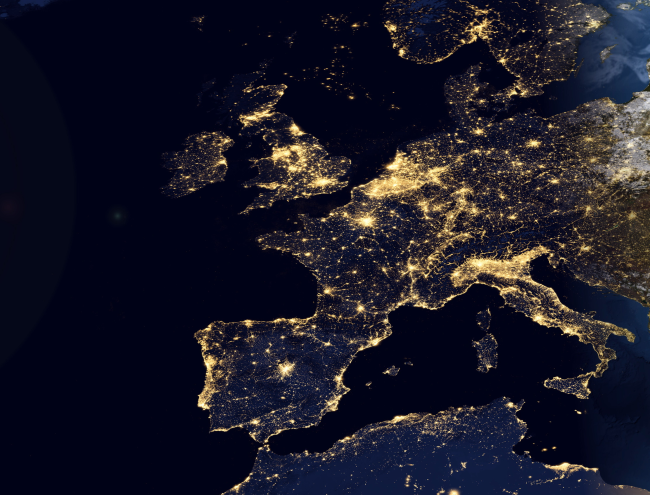Reading Rouhani Right

Poll numbers are the life blood of politics these days. Anything expressed in digits has a claim to truth that assertions without digits cannot make. They inspire confidence - especially among those aspiring to public office - that they actually understand what public sentiment is. If you lived between nuclear-armed Israel and Pakistan and had as many world class enemies as Iran has accumulated - would you give up your pursuit of a nuclear weapon?
Supreme Leader Khamenei confronted several dilemmas in Iran’s last presidential elections. One of them was the growing schism between the Iranian people and the clerics. Another was the crushing effect of international sanctions that could never have been achieved if the former President Ahmadinejad had not been so genuinely disagreeable.
So he caused to be elected through Iran’s version of democratic elections, what some would call another Smiling Ayatollah. President Rouhani is a cleric known as a reformer, has considerable credibility as an international negotiator and clearly had a mandate to present a different Presidential face of Iran to the world than his aggressive predecessor.
His first order of business is to reestablish some measure of dialogue with the rest of the world. He clearly has the talent; the rest of the world is more than ready for negotiations and the focus of the opening line is clear – Iran’s nuclear aspirations.
But what are the Supreme Leader’s instructions to the newly appointed President Rouhani?
They are - “Do what you need to do to get some relief from these miserable sanctions before the Iranian people come out onto the street to challenge us - but do not do anything to jeopardize our pursuit of a nuclear capacity.” However the Supreme Leader views nuclear capacity (technical capability, weaponized or primed and parked on top of a delivery vehicle).
President Rouhani knows his opponents well enough to understand he will never get the US Senate to stand down from its sanctions posture. He knows that the consensus among nations collectively to sanction Iran was very difficult to achieve and can be unraveled. The President knows how much interest there is in China to resume imports of Iranian oil, in Russia to do strategic deals like the Buesher extension, in France to get into Iran’s auto market and gas fields and of course in Germany who only reluctantly abandoned its lucrative commercial relations with Iran.
So the strategy flows from the context. Structure talks to give some sense of progress. Make some limited concessions to encourage those who want to be encouraged, hold out the promise of more to come. Over time, drive a wedge between those who see considerable national interest in weaker sanctions and the US Senate who will refuse to be convinced by anything short of Iran abandoning enrichment altogether and opening all of its facilities to full safeguards inspections. Driving a wedge into the unprecedented international consensus is enough.
It leads to a steady erosion of the sanctions (it has already begun) and it isolates the Americans again where they have been for the last three decades. Iran’s economy is the immediate beneficiary of loosened sanctions and no effective constraint is imposed on its nuclear ambitions.
Presumably our negotiators can see all of this fairly clearly. But are their negotiating instructions based on the commonly held global objective embodied in the collective sanctions on Iran or on narrower more prosaic national interests?

Available in:
Regions and themes
Share
Related centers and programs
Discover our other research centers and programsFind out more
Discover all our analysesBrazil One Year Away from the October 2026 General Elections
Brazil’s general elections will be held on October 4, 2026, to elect the president, vice-president, members of the National Congress, governors, deputy governors and state legislative assemblies. For the presidential and gubernatorial elections, a second round will be held on October 25 if no candidate obtains a majority of the votes in the first round.
COP30: An Inflection Point for Climate Action and Governance
The 30th Conference of the Parties (COP30), opening in Belém, Brazil, on November 10th 2025, convenes at a perilous moment.
The Strategic Dimension of Skills in the Clean Industrial Deal
In the competitiveness and energy transition battles, the European Union (EU) must master a determinant factor: skills.
The Energy Transition Faces Geopolitical Challenges. How Can Ideological Divides Be Overcome?
President Trump’s positions and policies, combined with record coal consumption and booming global electricity demand, geo-economic confrontation, and widespread concerns about energy security, are changing the game when it comes to understanding realistic decarbonization trajectories. The war in Europe is intensifying competition between defense and transition budgets. This is also the case elsewhere in the world.











